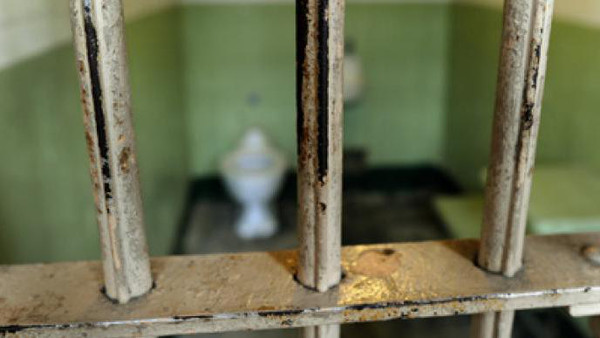KUALA LUMPUR, April 3 — The Human Rights Commission of Malaysia (Suhakam) has observed that conditions in police lock-ups might pose a danger to the health of those detained as well as police personnel and other front-liners involved in the arrest and detention process.
Based on observations during their visit the police’s detention facilities, the commission noted that most jails are small, in poor condition, lack proper ventilation and natural light, which may help Covid-19 spread.
“Suhakam has similar concerns with conditions in prisons, which are generally over its capacity and crowded with prisoners.
“If authorities continue to arrest and charge more MCO offenders, it will further increase the number of prisoners housed in confined spaces, where conditions are primed for rapid spread of any infectious disease,” it said in a statement.
It added that it would be remiss for Putrajaya to gear up its machinery in the battle against Covid-19 while overlooking those who are in prison and are unable to practice social distancing.
The body also voiced its concern over the conduct of arrests and detention of those found allegedly breaking the movement control order (MCO) and raised the question whether the authorities involved with enforcing the order have a standard operating procedure (SOP).
Suhakam had observed that inadequate social distancing as well as poor safety measures during arrests or detaining suspects indicates a lack of SOP or one that has not been sufficiently communicated to the officers involved.
“Having viewed a video where a group of teenagers were caned by authorities in Sabah for allegedly violating MCO, Suhakam reminds that such acts are unlawful, cruel and degrading, and goes against the principles of human rights.
“Furthermore, where children are involved, a warning for a first offence before being sent home, should serve as a sufficient deterrent,” said the statement.
The commission then gave three recommendations for agencies that have been tasked to carry out the MCO on those who are being held under remanded custody and is being charged.
The first recommendation stated that alleged MCO offenders, minors and fake news offenders be released on police bail and charged at a later given date.
The second recommendation states that for offenders who have been charged and unable to post bail, alternatives to cash bails may include bonds or non-cash bail; whilst alternatives for convictions and fines could include undertaking community services.
As for minors, women, persons with disability, older persons, those with chronic disease or under medical treatment, it recommended that they should be prioritized for release.
The same can be applied for those charged for minor offences or offences related to socio-economic circumstances (poverty) such as petty theft.
Suhakam also recommended that prisoners who belong in the 30 per cent category of the inmates who are un-convicted or are pre-trial remand prisoners ought to be given due consideration for release under special administrative directive.
The ones who fit this bill include: remand prisoners for minor, non-violent offences or drug users who pose zero risk to public safety and prisoners with chronic illness; remand prisoners for socio-economic offences; and senior citizen prisoners with medical conditions, including mental illness.





















